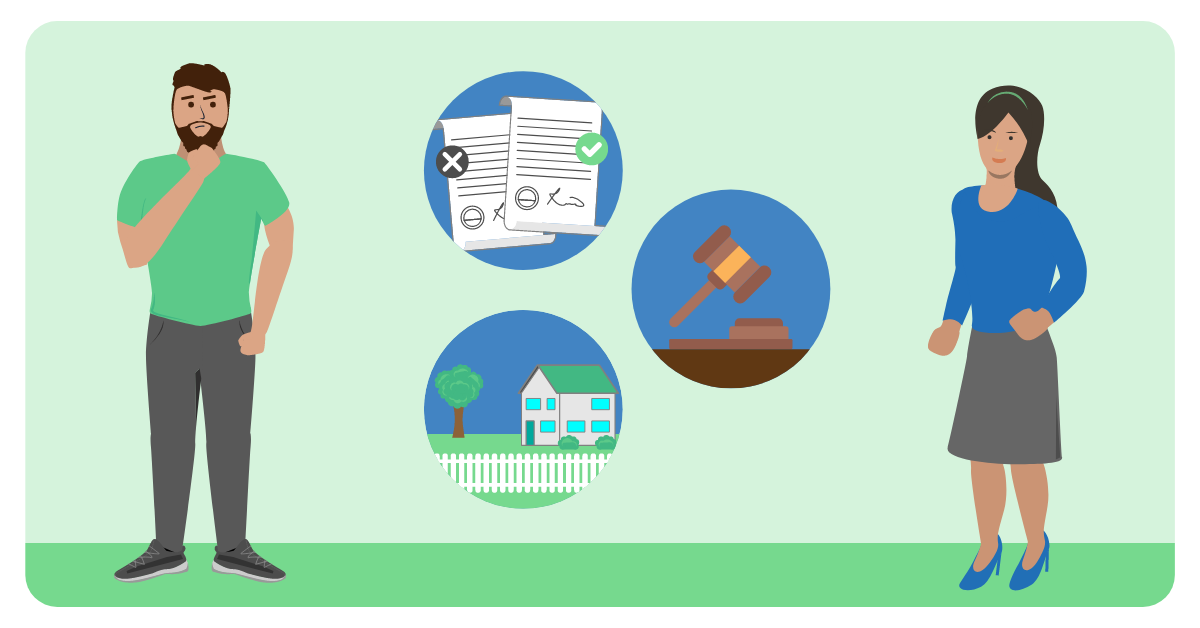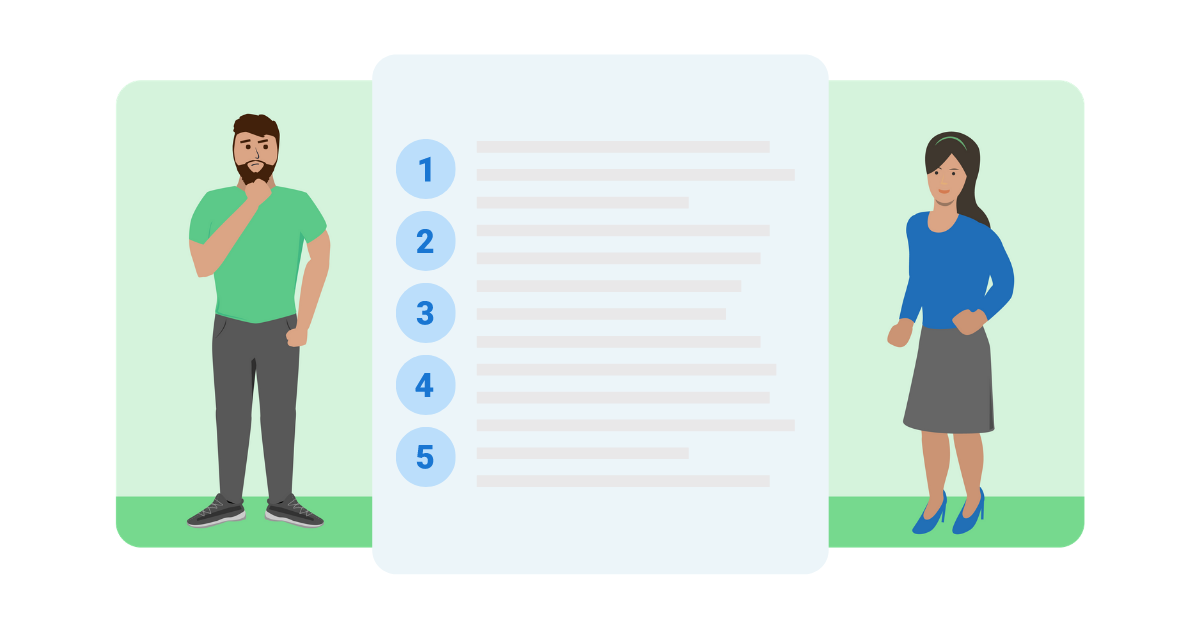Custody 101: Learn the Types of Child Custody After Divorce

"WHERE WILL MY KIDS LIVE?"
For many, the divorce process is a painful process. Misinformation about the types of child custody can add to the stress of what already feels overwhelming and complex. This is true for parents and children.
Custody may seem self-explanatory - where is your child going to live? But, there are actually two primary types of custody, as well as determining how the custody is split. Knowing this beforehand can help you figure out what you want from your divorce settlement.
The types of custody
Let’s get into the types of custody that exist. There are two, primary parts to a custody arrangement:
- Physical Custody answers the question, "Where will my child(ren) live?" Where will they spend most of their time?
- Legal Custody answers the question, “Who gets to make the important decisions in your child’s life?” For instance, What is their healthcare going to consist of? Where and what kind of education are they receiving? What will their general welfare look like? These decisions are in the hand of the parent with legal custody.
How is custody split?
Custody can be split in a few ways (and how it relates to the types of custody outlined above):
- Full: Full custody means that one parent is the sole holder of that type of custody. When it comes to physical custody, this means that the child lives with one parent. The other can have visitation rights where they can spend time with the child, but there will be no living in that parent’s home. When it comes to legal custody, the full custody holder will make all of the decisions involving the child’s welfare, and the other parent does not have a say. This translates to medical decisions or being involved in parent-teacher conferences. If full legal custody belongs to one parent, the other one does not need to be conferred with at all before decisions are made.
- Joint: Joint custody means that the custody is split. If there is joint physical custody, the child may live with one parent during the week and be with the other parent during the weekends. Holidays can be split according to the agreement. Both parents must approve of any decisions made in regards to the child’s welfare.
How are custody arrangements decided?
As you can see, there are two types of custody (physical and legal) as well as two ways the custody can be split (full or joint).
This means there are a few different combinations and arrangements. For example, one parent can have full physical custody, but joint legal custody. Both types of custody can be granted jointly, or one parent can walk away with full physical and legal custody.
This will all be determined by the parents, with the guidance of their respective attorneys (if applicable), and a judge.
Are custody decisions final?
Custody determinations are not final. If you lost a custody battle to your partner because things in life were not aligning at the time, it doesn’t mean that this is permanent.
You can come back to a judge later on if a change in circumstances occurs with either parent. This can mean you have a better job, a better home, or something has happened with the other parent that you believe calls for a change in custody.
If this happens, you can petition with the court. The judge will look at the change in circumstances and once again evaluate custody based on the best interests of the child. This process can happen multiple times throughout your child’s life, if necessary.
Your next step
Divorce can be a tough time, especially when it involves children and custody. Knowing the legal options for custody can help you determine what you want as you figure out a settlement and the decisions coming your way. While it is not required, an attorney can serve as your guide as you navigate the complex, emotional journey of divorce.
LegalQ can connect you with a family attorney so you can get answers, make a plan, and move forward with confidence.



